|
In our increasingly interconnected world, effectively communicating across languages is crucial. Whether it's sharing information, marketing products, or building global communities, the way we bridge the linguistic gap holds immense power. This is where three key concepts come into play: translation, localization, and transcreation. While often used interchangeably, these processes have distinct purposes and applications. This article delves into the differences between translation, localization, and transcreation, providing a clear understanding of each approach and its ideal use case. Translation: The Foundation of Communication
Translation is the most fundamental process, focusing on conveying the exact meaning of a text from one language (source language) to another (target language). A skilled translator ensures the accuracy and fluency of the translated content, preserving the core message and intent of the original piece. Here are some key aspects of translation:
Common applications of translation include:
Localization: Going Beyond Words Localization builds upon translation, taking cultural context and regional preferences into account. It aims to adapt content to resonate with a specific target audience in a particular locale. Here's what sets localization apart:
Localization is crucial for a seamless user experience in different regions. Here are some examples:
Transcreation: The Art of Reimagining Transcreation is the most creative of the three processes. It involves not just translating the words, but also reimagining the message to resonate with a new audience. Transcreators aim to evoke the same emotions and achieve the same impact as the original content in the target language. Here are some key features of transcreation:
Transcreation is a powerful tool for international marketing and branding. Here's how it's used:
Choosing the Right Approach Understanding the differences between translation, localization, and transcreation allows you to select the most effective approach for your specific needs. Here's a quick guide:
Conclusion Effective communication across languages is vital for success in today's globalized world. By understanding the distinct roles of translation, localization, and transcreation, you can choose the best approach to bridge the linguistic gap and achieve your communication goals. Whether it's ensuring the accuracy of legal documents, adapting software to a new market, or creating impactful marketing campaigns internationally, these processes play a critical role in fostering cross-cultural understanding and connection.
0 Comments
In a world where businesses are increasingly operating across borders, the need for accurate and effective communication is paramount. Whether you're launching a multilingual website, creating marketing materials for a global audience, or preparing documents for international use, hiring a proficient translator is key to overcoming language barriers. This article will guide you through the qualifications of a good translator and how to find a reliable translator for your needs. Qualifications of a Good Translator A competent translator is not just bilingual but possesses a deep understanding and mastery of both the source and target languages. Here are some essential qualifications to look for:
Finding a Qualified Translator Certification is a mark of professionalism and competence in the translation industry. Here are some ways to find a qualified translator:
Ensuring Reliability Finding a qualified translator is a crucial step, but ensuring their reliability is also important. Here are some tips:
Conclusion Hiring a qualified translator is essential for achieving accurate and effective communication across languages. By understanding the qualifications to look for and knowing where to find certified professionals, you can ensure that your translation needs are met with the highest standards of quality and professionalism. References
1. Deimling, Kate. "How to Hire a Translator: A Quick and Easy Guide." Kate Deimling's Blog. 2. ISO 17100:2015. "Translation services – Requirements for translation services." https://www.iso.org/standard/59149.html. 3. Institute of Translation and Interpreting (ITI). https://www.iti.org.uk. 4. American Translators Association (ATA). https://www.atanet.org. In today's interconnected world, businesses are increasingly expanding beyond their local markets to tap into the global marketplace. This expansion brings forth a myriad of opportunities but also presents a significant challenge: language barriers. Effective communication is the cornerstone of any successful business, and this is where professional translation services come into play. By bridging linguistic gaps, translation services not only facilitate clear communication but also foster cultural understanding, ultimately contributing to the growth and success of businesses in the international arena. The Advantages of Translation Services
Translation services offer several benefits that can significantly impact businesses:
The Role of Translation in Global Commerce Translation acts as a bridge in global commerce, connecting businesses with diverse international audiences. It enables companies to communicate effectively with customers, partners, and regulators who speak different languages. The success of marketing campaigns, negotiations, and customer relationships often hinges on the ability to resonate culturally and linguistically with the target audience. Localization: Beyond Translation Localization involves adapting a product, service, or content to fit the cultural context of the target market. This process goes beyond mere translation, encompassing changes to visuals, currencies, legal requirements, and societal norms. A deep appreciation for the target culture can prevent potential faux pas that might alienate customers or even offend them, thereby damaging the brand's reputation. Technicality in Business Translation Business translation often involves specialized language, including legal, financial, and technical terminologies. Translators in the business realm must have expertise in the specific industry they are translating for, ensuring that the material is not only linguistically accurate but also appropriate and relevant within the industry's context. Marketing and Brand Image In international marketing, the way a brand communicates is integral to its image. Translation plays a critical role in shaping how a brand is perceived across different cultures. Effective marketing translation involves creative adaptation, where messages are culturally and emotionally tailored to the audience. The Economic and Legal Implications of Translation The economic stakes in business translation are high. Poorly translated documents can lead to miscommunication with partners, regulatory non-compliance, and lost business opportunities. In the legal domain, for example, the accuracy of contract translations can prevent disputes and legal challenges in international transactions. The Importance of Translation in Business Despite the widespread use of English in the business world, neglecting other languages can result in missed opportunities. Companies that fail to translate their content into languages like Spanish, Portuguese, or Chinese risk losing a significant portion of the market. According to a Eurobarometer report, English is the second language of only a minority in countries like France, Italy, and Spain, and the situation is even more pronounced in emerging markets like Brazil, Mexico, and China. Localizing content is not just about making it understandable; it's about making it relevant and resonant for a foreign reader. This can involve adapting idioms, specific terminology, or tone to better suit the target audience. Companies that overlook the importance of translation and localization may find themselves at a competitive disadvantage, potentially losing millions of dollars every year. Conclusion As businesses continue to navigate the complexities of the global marketplace, the role of translation services becomes increasingly critical. By ensuring clear communication, fostering cultural sensitivity, and adapting content to different markets, translation services play a strategic role in the success of international business endeavors. Embracing diversity through effective translation and localization is not just a matter of necessity, but a strategic opportunity for businesses to thrive in the global economy. References
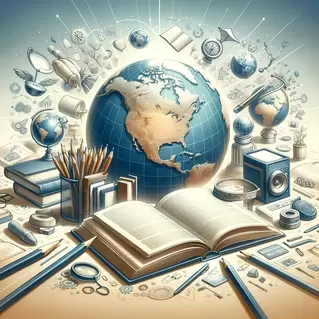 In the academic world, the terms "thesis" and "dissertation" can be a source of confusion, especially for students who are embarking on their postgraduate journeys. The key difference lies in how these terms are used across various countries. Let's untangle this terminology and explore its translation into Brazilian Portuguese. Master's Degree: Dissertation or Thesis? United States: In the United States, the term "thesis" is commonly used for the research paper required to complete a master's degree. It typically involves a smaller-scale research project and is often seen as a precursor to the more in-depth dissertation required for a doctoral degree. United Kingdom and Europe: These regions generally use the term "dissertation" for the final project of a master's degree. Brazilian Portuguese Translation: Dissertação (de mestrado) In Brazil, the final paper required for a Master's degree is called a "dissertação." This document showcases the student's in-depth knowledge in a specific field, often relying on extensive literature reviews and critical analysis of existing research. Doctoral Degree: Dissertation or Thesis? United States: The term "dissertation" is reserved for the substantial research project that is a prerequisite for a doctoral degree (Ph.D.). This work is expected to contribute new knowledge to the field of study and is typically much longer and more in-depth than a master's thesis. United Kingdom and Europe: In contrast, these regions typically use the term "thesis" for the research document required for a Ph.D. Like its American counterpart, it is expected to provide a significant contribution to the academic field. Brazilian Portuguese Translation: Tese (de doutorado) In Brazil, the final doctoral project is called a "tese." This is a substantial document demanding original research and a novel contribution to scientific knowledge. It involves data collection, analysis, and interpretation to address a specific question within the chosen field of study. Conclusion The terms "dissertation" and "thesis" can vary in meaning depending on the country and the level of academic study. In the United States, a "thesis" is generally associated with a master's degree, while a "dissertation" is linked to a doctoral degree. Conversely, in the UK and many European countries, the term "dissertation" is used for a master's degree, and "thesis" is used for a doctoral degree. Understanding these distinctions is crucial for academic communication and clarity, especially in a global context. When translating these terms into Brazilian Portuguese, it's important to comprehend the level of study to ensure accurate communication: "dissertação de mestrado" for a master's degree and "tese de doutorado" for a doctoral degree.  Introduction When you're in need of translation services, the choice between hiring a freelance translator or a translation agency can be crucial. Both options have their merits and downsides, and the best choice often depends on the specifics of your project. In this article, we'll explore the key considerations to help you make an informed decision. When to Opt for a Freelance Translator Choosing a freelance translator could be the right decision if:
When a Translation Agency Might Be Better Consider a translation agency for your project if:
Tips for Hiring a Freelance Translator
Tips for Choosing a Translation Agency
Additional Considerations
Finding Translation Services When searching for reputable translation companies and freelance translators, several resources can be invaluable in connecting you with professionals who meet your needs. Here are some key organizations and their respective websites: Institute of Translation & Interpreting (ITI) ITI is a UK-based association dedicated to promoting the highest standards in the translation and interpreting professions. Members adhere to a strict code of professional conduct, ensuring quality and professionalism in their services. Visit their website to search for qualified translators: ITI – Find a Translator. ProZ.com ProZ.com is a global platform for professional translators and translation agencies. It offers a vast directory with over 80,000 language professionals, allowing clients to search for translators without any fees or commissions. Visit their website at www.proz.com. Association of Translation Companies (ATC) ATC is a professional association representing translation companies in the UK. It sets standards for member companies and provides a directory of trusted translation service providers. Explore their member companies at www.atc.org.uk. Chartered Institute of Linguists (CIOL) Previously known as the Institute of Linguists, CIOL is a leading UK-based institution for language professionals. It offers a platform to find certified translators across various languages. Find a translator through their directory at www.ciol.org.uk. American Translators Association (ATA) ATA is a prominent association for translators and interpreters in the United States. It provides a directory of its members, who are bound by a professional code of ethics and standards. Access their translator and translation company directories at www.atanet.org. By utilizing these resources, you can find translation services that are reputable, professional, and suited to your specific project requirements. Conclusion The choice between a freelance translator and a translation agency depends on various factors, including the complexity of your project, the languages involved, and your specific needs. By considering these aspects and following the tips provided, you can make an informed decision that ensures the success of your translation project. This article is based on the insights and concepts from "Should You Hire a Freelance Translator or a Translation Agency?", by José Henrique Lamensdorf. We honor the memory of Mr. Lamensdorf and his invaluable contributions to the translation industry. His original article was published at http://www.lamensdorf.com.br/trxag.html. |
Details
Matheus R. ChaudI am a Certified English to Portuguese Translator with extensive experience in translation, proofreading, editing, subtitling, and quality assurance. Archives
March 2024
Categories |
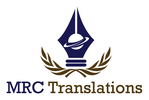
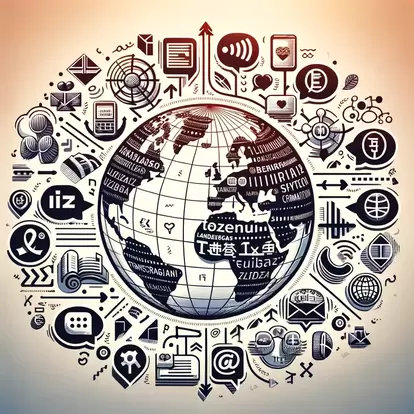
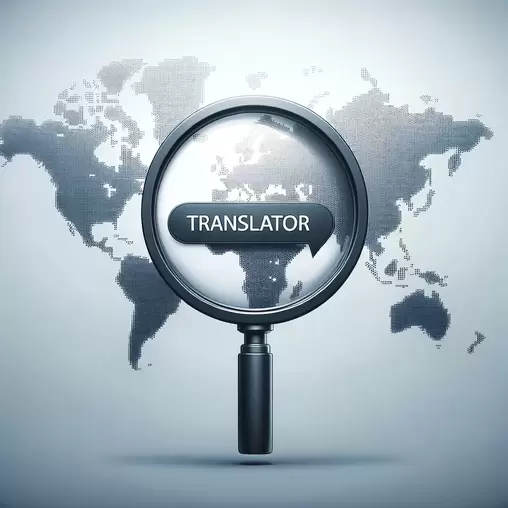
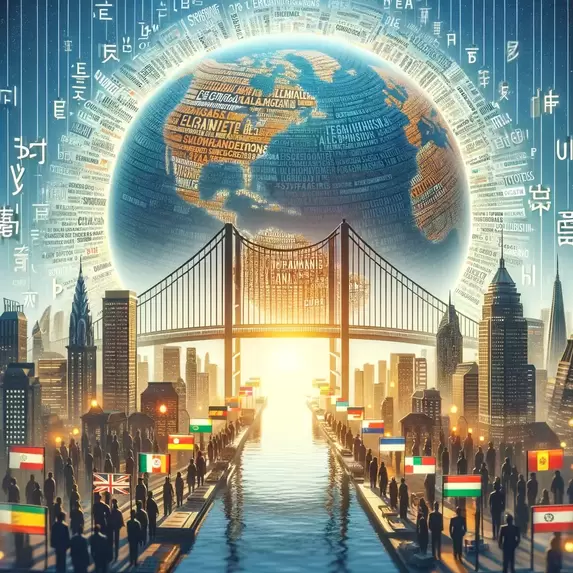
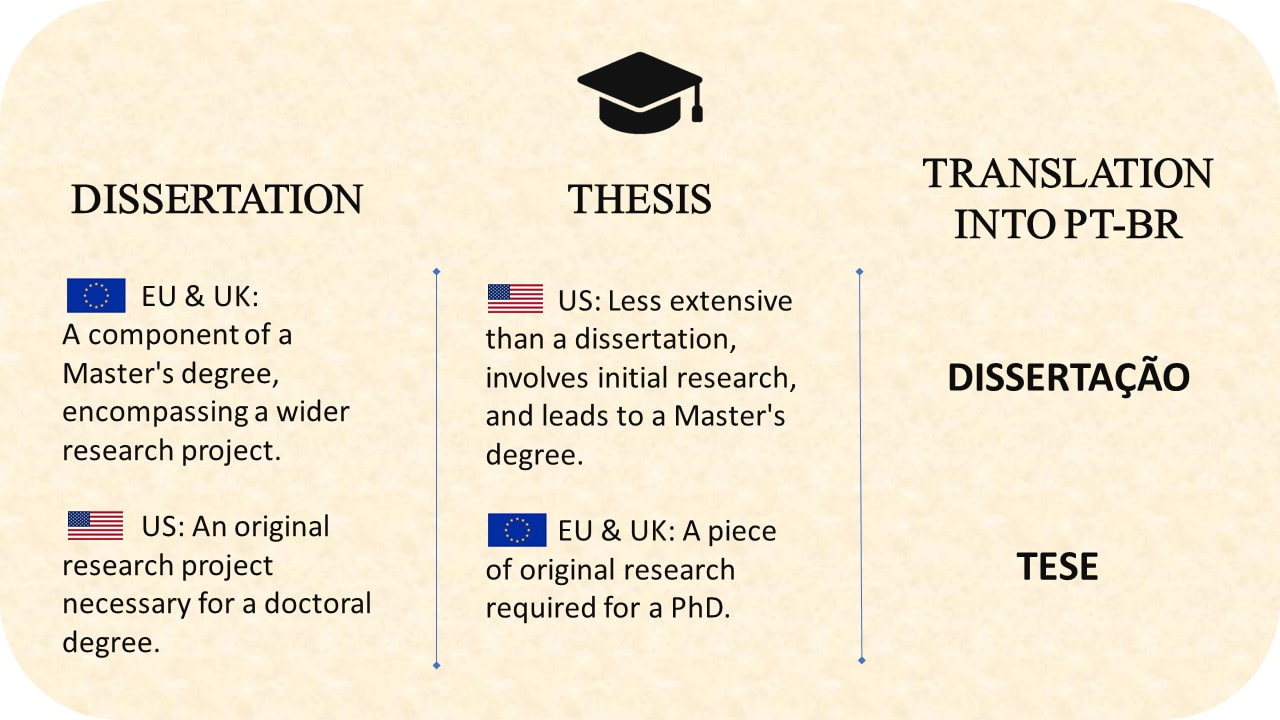
 RSS Feed
RSS Feed



